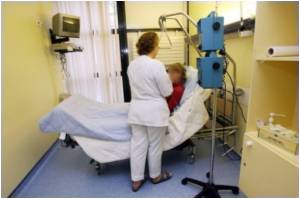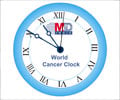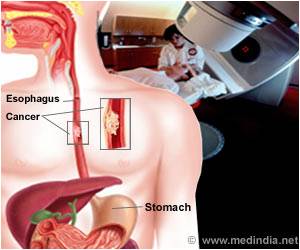A new scoring system can more reliably predict whether patients with advanced cancer are likely to survive for “days”, “weeks” or “months”.

So a team of researchers, led by Dr Paddy Stone at St George's, University of London, set out to develop a scoring system for use in patients with advanced cancer in different care settings that was as good, or better, than clinicians’ best predictions.
The study involved 1,018 patients with advanced incurable cancer, no longer receiving treatment, and recently referred to palliative care services across the UK.
Using a combination of clinical and laboratory variables known to predict survival, the team created two prognostic scores (PiPS-A and PiPS-B) to predict whether patients were likely to survive for “days” (0-13 days), “weeks” (14-55 days) or “months” (more than 55 days) compared with actual survival and clinicians’ predictions.
Factors that could have affected the results, such as age, gender, ethnicity, diagnosis, and extent of disease, were taken into account.
Both scores were at least as accurate as a clinician’s estimate. PiPS-B (which required a blood test) was significantly better than an individual doctor’s or nurse’s prediction, but neither scale was significantly more accurate than a multi-professional estimate of survival.
Advertisement
In an accompanying editorial, Paul Glare from the Memorial Sloan-Kettering Cancer Center in New York believes that prognosis “needs to be restored as a core clinical skill, to optimise the patient’s treatment and planning.”
Source-BMJ














